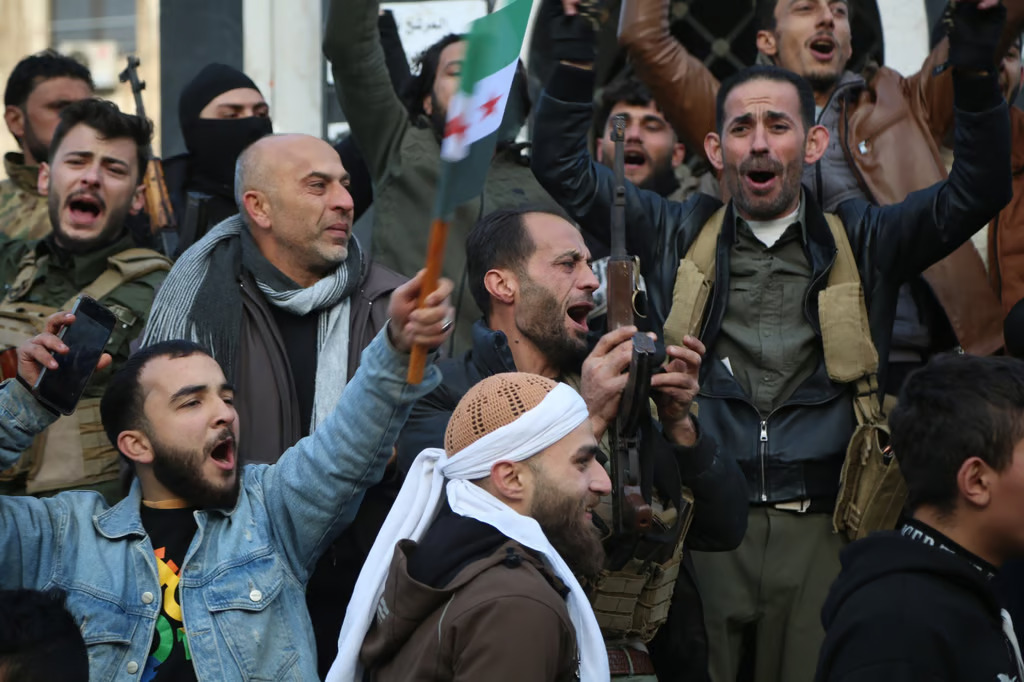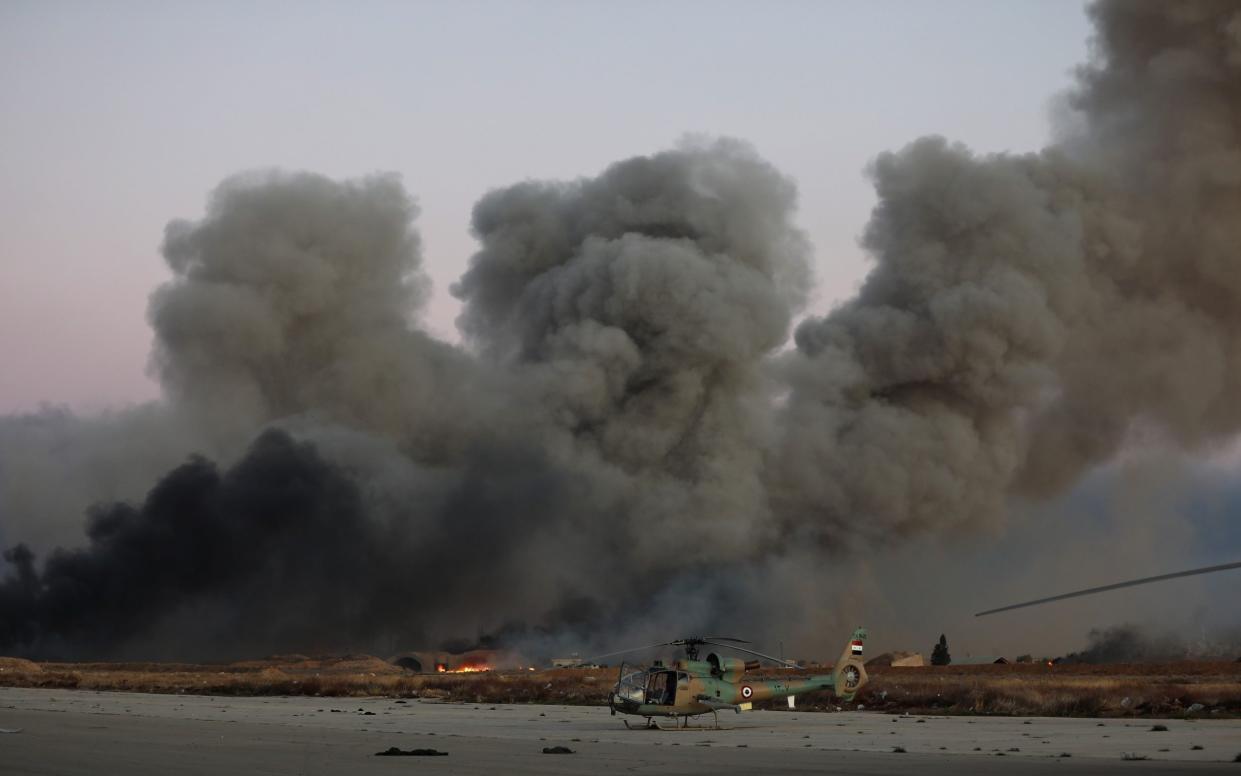Israel has escalated its air strikes in Syria, targeting suspected chemical weapons and missile sites. According to Foreign Minister Gideon Saar, these actions aim to prevent advanced weaponry from falling into the hands of extremists following the collapse of the Assad regime.
Reports suggest numerous strikes have occurred, including one in Damascus at a site reportedly used by Iranian scientists for rocket development. The Organisation for the Prohibition of Chemical Weapons (OPCW) has urged Syrian authorities to secure chemical weapon stockpiles during this volatile transition period.
The Syrian Observatory for Human Rights (SOHR), a UK-based group, stated that Israeli strikes have destroyed weapons depots at various locations in Syria. These attacks began shortly after the fall of Assad’s government. Syria’s chemical weapons record remains a serious concern, with the 2013 sarin attack in Damascus being a tragic example of their use.
Despite international efforts to dismantle the country’s chemical stockpiles, such weapons have continued to surface, with at least 106 attacks recorded between 2014 and 2018.

Israel Targets Syrian Chemical Weapons Sites Following Assad’s Fall, Highlighting Regional Power Shifts and Security
The strikes coincide with the capture of Damascus by rebel forces led by Hayat Tahrir al-Sham (HTS), marking the end of Assad’s decades-long rule. Israeli Prime Minister Benjamin Netanyahu called this a historic turning point while reiterating Israel’s focus on security and its willingness to work with Syria’s new leadership if peace is achievable. However, he stressed that Israel is prepared to act forcefully to eliminate threats and defend its borders.
The Golan Heights remains a critical area in the conflict. This plateau, annexed by Israel in 1981 and home to Israeli settlers and local Syrians, carries strategic importance and historical sensitivities. The region’s significance is heightened by HTS leader Abu Mohammed al-Jawlani’s familial connections to the area. Netanyahu clarified that Israeli military activity in the demilitarized buffer zone is temporary and intended to ensure security during this period of uncertainty in Syria.
The situation reflects broader regional shifts, including Hezbollah’s engagement in the Israel-Gaza conflict and Russia’s reduced involvement in Syria due to its focus on the war in Ukraine. These developments have allowed Syrian rebel groups to take advantage of the power vacuum, altering the balance of power in the region. Israel, which previously viewed Assad as a stabilizing figure despite his alliances with Iran and Hezbollah, is now responding to the implications of his regime’s collapse.
Israel’s air strikes are part of a longstanding strategy to counter threats from Iran and its allies. The pace of these operations has increased since the October 2023 Gaza conflict, as Israel seeks to preempt cross-border attacks and disrupt weapons transfers. These actions underscore Israel’s commitment to protecting its citizens and addressing evolving threats amid the region’s ongoing turmoil.











































